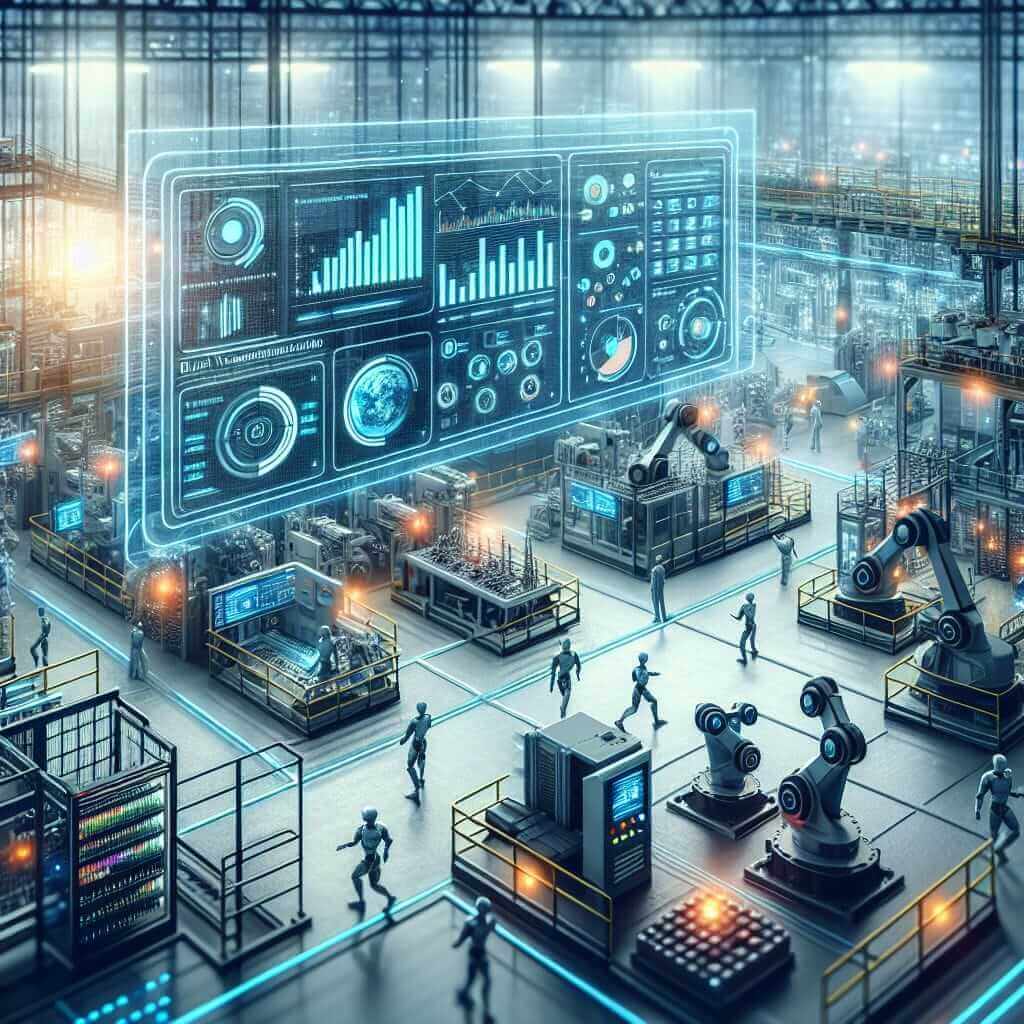The IELTS Reading test is a 60-minute section that demands candidates to read several passages and answer a variety of question types, including multiple-choice, matching headings, and true/false/not given questions. Understanding the economic effects of digital transformation on traditional industries is a relevant and contemporary topic frequently appearing in academic texts and could potentially be a central theme in the IELTS Reading passages. Given the surge in digital innovations and their implications on various sectors, this topic is likely to reappear in future tests. This article will provide a sample reading passage, questions, and answers to help candidates practice and improve their reading skills for the IELTS exam.
Nội dung bài viết
Reading Passage and Questions
Reading Passage
Economic Effects of Digital Transformation on Traditional Industries
In recent years, the impact of digital transformation has become increasingly profound in many traditional industries. Digital transformation refers to the integration of digital technology into all areas of a business, fundamentally changing how businesses operate and deliver value to customers. This shift includes implementing advanced data analytics, artificial intelligence (AI), the Internet of Things (IoT), and other innovations aimed at enhancing efficiency, productivity, and customer experience.

One notable effect of digital transformation is the disruption of conventional business models. Industries such as retail, finance, and manufacturing have seen significant upheavals as digital technologies enable new competitors to enter the market with lower overhead costs and innovative service offerings. For example, the rise of e-commerce platforms has greatly affected traditional brick-and-mortar stores, forcing many to adapt by establishing online presences and offering seamless digital customer experiences.
Moreover, digital transformation has led to improved operational efficiencies across various sectors. In manufacturing, the use of IoT devices and AI-driven analytics has revolutionized supply chain management and predictive maintenance. These technologies allow for real-time monitoring of production processes, reducing downtime and enabling more precise forecasting of maintenance needs, ultimately lowering costs and boosting productivity.
Another critical area influenced by digital transformation is employment. While digital transformation can create new job opportunities in tech-savvy positions, it also poses a threat to traditional roles that can be automated. For instance, AI and robotics have the potential to automate routine tasks in industries like manufacturing and logistics, resulting in job displacement for many workers. However, this shift also demands a workforce with new skill sets, thereby promoting the need for continuous learning and adaptability among employees.
Finally, the digital transformation enhances customer engagement and satisfaction. Companies leveraging big data and AI can gain deeper insights into consumer behaviors and preferences, enabling them to provide personalized services and experiences. This consumer-centric approach not only retains existing customers but also attracts new ones, driving business growth.
Overall, the economic effects of digital transformation on traditional industries are multifaceted, presenting both challenges and opportunities. Businesses must navigate this dynamic landscape by embracing digital technologies and fostering a culture of innovation and agility to thrive in the digital era.
Questions
-
Multiple Choice:
Which of the following is NOT mentioned as a digital technology influencing traditional industries?
A. Advanced data analytics
B. Internet of Things (IoT)
C. Blockchain technology
D. Artificial Intelligence (AI) -
Identifying Information (True/False/Not Given):
Digital transformation only affects the retail and finance industries.
- True
- False
- Not Given
-
Matching Headings:
Match the headings to the correct paragraphs (I-V):
A. Operational Efficiency
B. Customer Engagement
C. Employment Changes
D. Business Model Disruption
E. Introduction to Digital Transformation -
Sentence Completion:
Digital transformation enables companies to offer ___ services and experiences by leveraging big data and AI.
-
Summary Completion:
Fill in the blanks with NO MORE THAN THREE WORDS.
Digital transformation has a significant effect on traditional business models by allowing new competitors to ___ with lower overhead costs and innovative service offerings.
Answers
-
Multiple Choice:
C. Blockchain technology
-
Identifying Information (True/False/Not Given):
False
-
Matching Headings:
- Paragraph I: E. Introduction to Digital Transformation
- Paragraph II: D. Business Model Disruption
- Paragraph III: A. Operational Efficiency
- Paragraph IV: C. Employment Changes
- Paragraph V: B. Customer Engagement
-
Sentence Completion:
Personalized
-
Summary Completion:
Enter the market
Common Mistakes in This Type of IELTS Reading Passage
One common mistake is not identifying whether the information is true, false, or not given based on the passage. Candidates sometimes assume information instead of strictly basing their answers on the text. Additionally, misinterpreting the context can lead to incorrect answers in matching headings and summaries.
Vocabulary and Grammar Focus
Vocabulary
- Disruption (n): /dɪsˈrʌpʃən/ – Disturbance or problems that interrupt an event, activity, or process.
- Overhead costs (n phr): /ˈoʊvərˌhɛd kɑːsts/ – Ongoing expenses of operating a business.
- Predictive maintenance (n phr): /prɪˈdɪktɪv ˈmeɪntənəns/ – Maintenance that is performed based on data-driven decisions.
- Displacement (n): /dɪsˈpleɪsmənt/ – The moving of something from its place or position, often referring to job displacement.
Grammar
- Relative Clauses: Utilizing relative clauses can add information about a noun (e.g., “The technologies that allow for real-time monitoring of production processes…”)
- Passive Voice: Frequently used in academic texts to create objectivity (e.g., “…has been increasingly profound in many traditional industries.”).
Recommendations for Improving Reading Skills
- Practice Regularly: Regular reading practice with various types of texts will help improve comprehension skills.
- Expand Vocabulary: Building a strong vocabulary foundation helps in understanding complex passages.
- Analyze Mistakes: Reviewing and understanding mistakes made in practice tests will help avoid similar errors in the actual exam.
- Take Timed Tests: Simulating exam conditions will help manage time effectively during the real test.
In conclusion, staying informed about contemporary topics like digital transformation and their economic effects can provide a dual benefit of content knowledge and reading skill practice for the IELTS test.